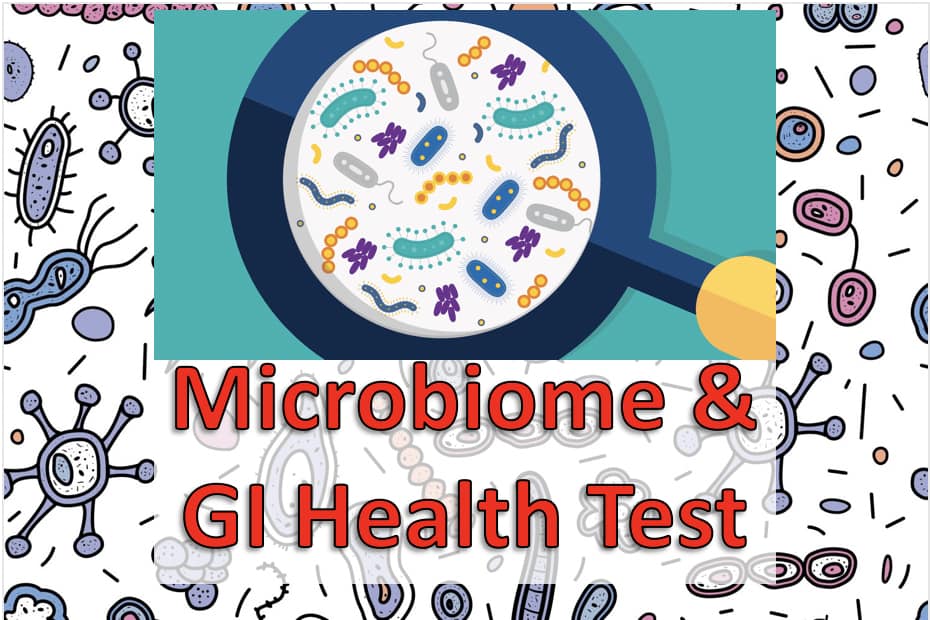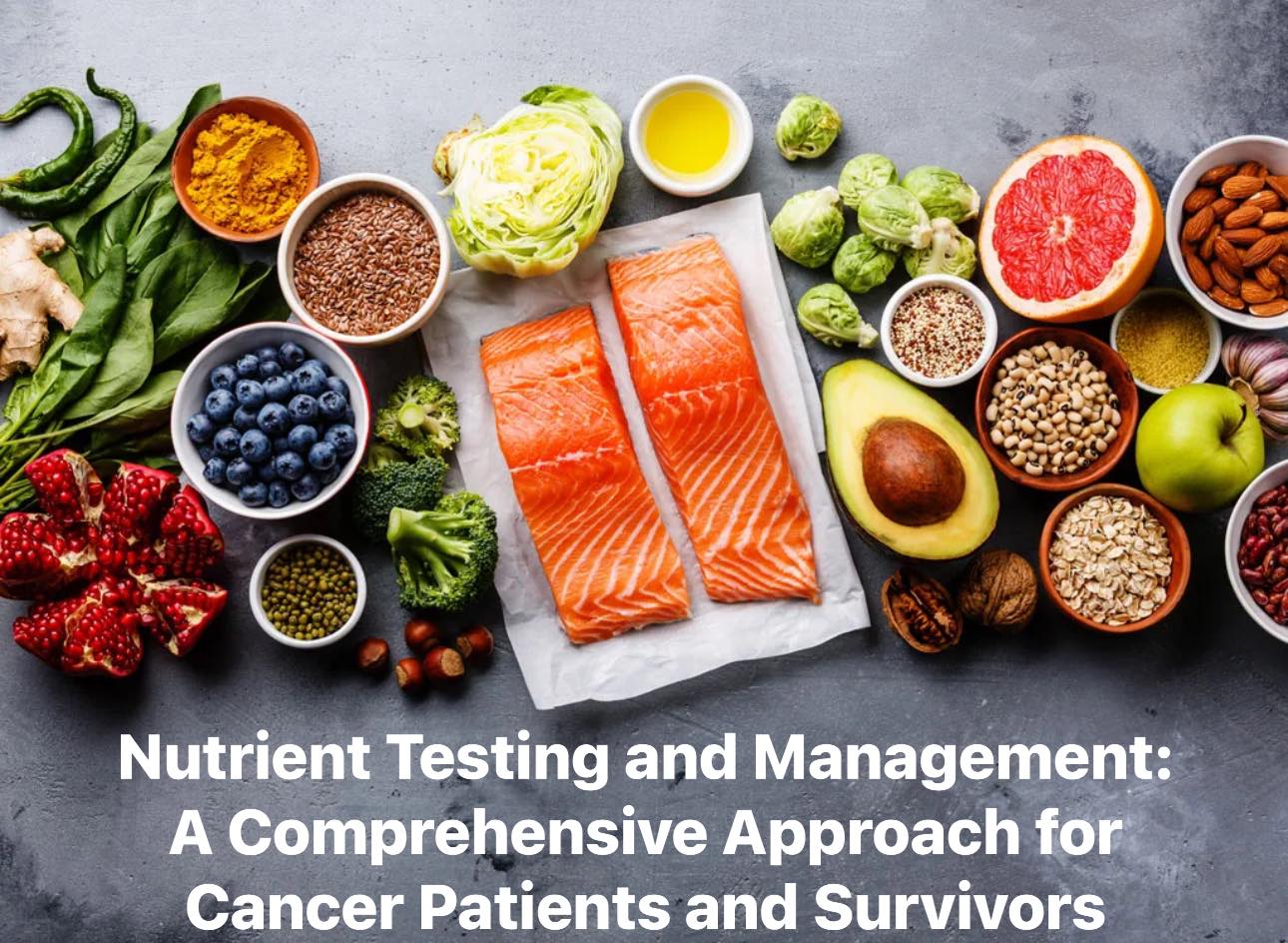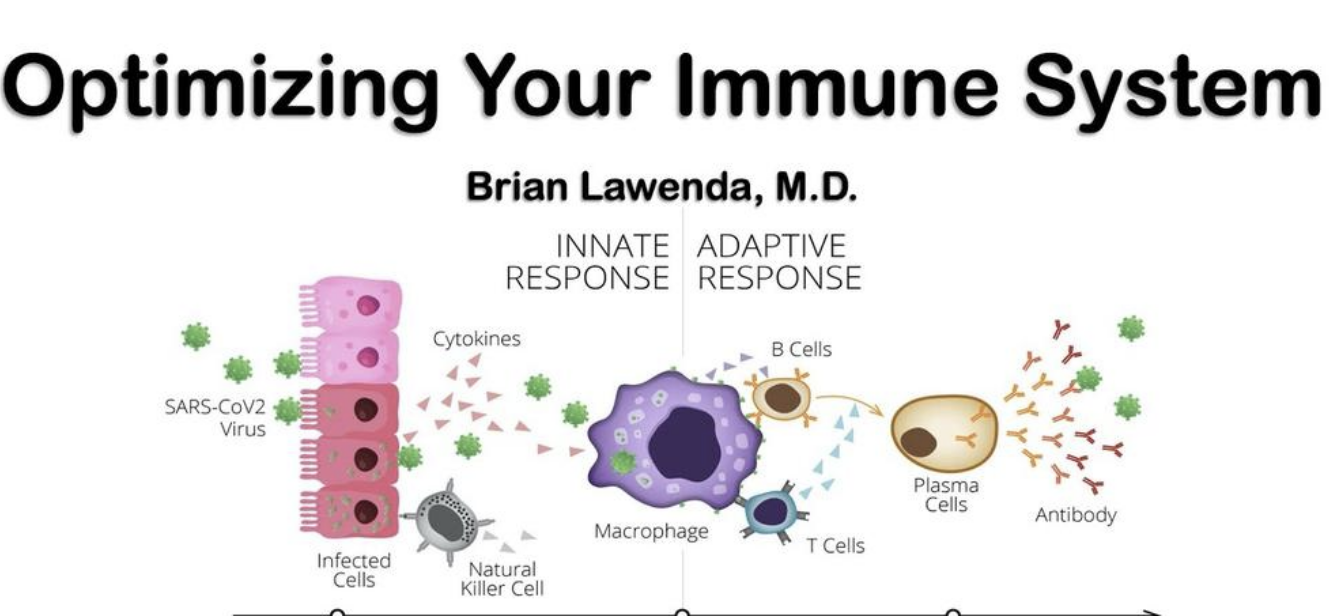Dried Pomegranate & Prostate Cancer
Cancer survivors often experience lasting gastrointestinal (GI) symptoms for years after treatment. Persistent GI symptoms include constipation (53.6%), diarrhea (50.5%), and bloating/pain (54.9%). Compared to those who haven’t had cancer treatment, survivors also scored worse in their mental and physical health. Having received either chemotherapy or abdominal/pelvic radiation were associated with greater risks of GI symptoms. Those with higher GI symptom severity often experience poorer mental health (anxiety, depression, cognitive dysfunction and fatigue) as a consequence.

Mechanisms of action:
“Chemotherapy [and abdominal/pelvic radiation] has been shown to induce a dysbiotic state in the gut microbiota, increasing intestinal permeability and circulation of proinflammatory cytokines,which has implications for psychosocial health. For instance, under times of stress, illness or infection, the protective epithelial layer of the gut can be compromised leading to increased intestinal permeability, “leaky gut”, circulation of bacterial lipopolysaccharide (LPS), and endotoxemia. Subsequently, an inflammatory response is initiated, including increased systemic and central pro-inflammatory cytokine activity, dysregulation of neurotransmitters, such as serotonin, and the manifestation of sickness behaviours, including depression-like symptoms, cognitive dysfunction, and fatigue. Importantly, gut microbiota dysbiosis is associated with GI symptoms and also the onset of cytokine induced sickness behaviours, such as lethargy, social withdrawal, anxiety, cognitive dysfunction and anhedonia. Additionally, recent data suggest that in survivors, chemotherapy affects gut microbiota alpha diversity and taxonomic abundance after treatment has ended, and that certain bacteria are associated with psychosocial and GI symptoms. Hence, chemotherapy induced dysbiosis of the gut microbiota may be one common mechanism by which patients experience co-morbid GI symptoms and psychosocial problems following treatment.”
My Bottomline: Once we’ve ruled out more serious possible causes for GI symptoms, I recommend precision medicine stool testing for dysbiosis and intestinal permeability (leaky gut), since these can be addressed with a variety of personalized, integrative approaches. The test I recommend for my patients is this: https://ioeprogram.com/product/gi-map-stool-test/



